5 Best Lightweight Web Browsers for Raspberry Pi
Raspberry Pi works with any ARM browser versions
6 min. read
Updated on
Read our disclosure page to find out how can you help Windows Report sustain the editorial team. Read more
Key notes
- Having a lightweight browser for your Raspberry Pi can help you browse the web faster.
- A suitable best browser should not just be light on resources, but also have lots of features.
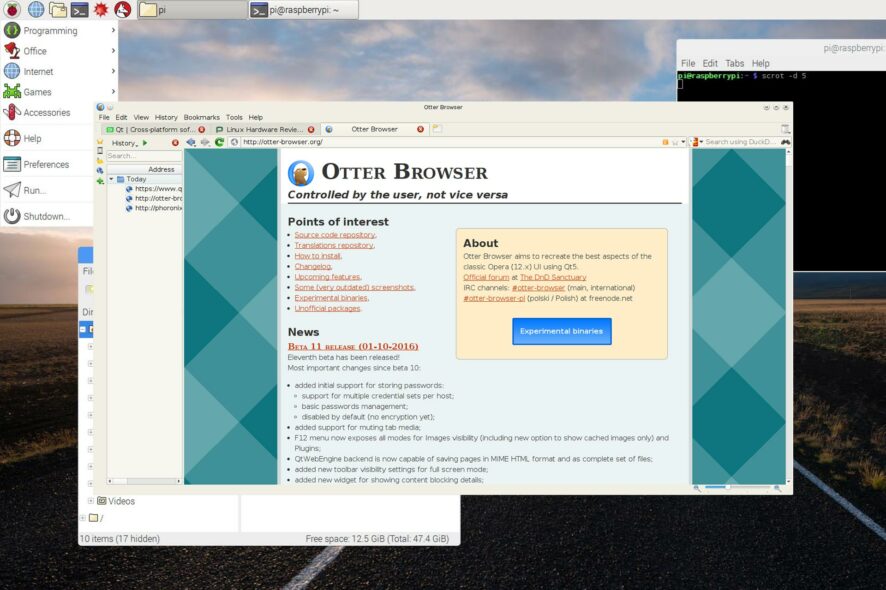
Raspberry Pi is a handy little lightweight computer, and many are looking for a lightweight browser for Raspberry Pi.
If you’re not familiar, Raspberry Pi uses its operating system, and we have a great guide on how to install Raspbian on Raspberry Pi.
After installing the operating system, you need to go ahead and download the right browser, and this guide will show you the best ones.
Is Raspberry Pi good for web browsing?
While Raspberry Pi let’s you browse the web, there are few things to keep in mind:
- Hardware power – Many websites are pretty demanding, and Raspberry Pi can’t compare to a modern PC, so if you’re doing heavy multitasking, Raspberry Pi might not be able to handle it.
- Browser support – Not all browsers work well on Raspberry Pi due to its ARM architecture, so you might not be able to enjoy all the features you’re used to.
Overall, Raspberry Pi is fine for web browsing, especially if you’re not a demanding user and you’re using the latest model. However, you will have to be careful with what browser you install on it.
Which is the best web browser for Raspberry Pi?
Chromium – The default browser

Users of Raspberry Pi will find that Chromium is one of the online browsers that offer the most comprehensive set of features.
It is a product of Google’s development and was included in the update released for the Raspberry Pi in September 2016.
Chromium is an open-source browser that provides a working, dependable, quick performance. It is already pre-installed in the operating system for the Raspberry Pi.
Most significantly, it has been optimized for users after considering the additional processing power that the Raspberry Pi has.
Key features of Chromium:
- Compatible with HTML5
- Handles popular social media websites
- Offers cross-platform syncing
- Built-in developers’ tools
Midori – Comes with a built-in VPN

Midori Browser is a lightweight browser for Raspberry Pi, with some excellent privacy features. It is a WebKit-based web browser for the Linux platform using fewer system resources than other browsers.
Midori comes with a built-in K-LamarVPN to make your connections more secure. The built-in ad blocker will prevent the browser from taking up system resources by blocking the ads from loading.
Key features of the Midori Browser:
- Lightweight browser for Linux platform with built-in privacy features
- Built-in adblocker that helps save CPU and RAM resources
- Offers built-in VPN, customization options, and extension support
- The RSS feed integration provided by the browser is excellent
GNOME Web – Offers bookmark sync

Based on the popular WebKit engine, GNOME Web codenamed Epiphany is a web browser for the GNOME desktop and elementary OS.
One of the unique features of the Web is its ability to make any website a first-class citizen of your GENOME desktop to be used as an app.
In a lightweight package, the browser offers all the essential and extra features, such as bookmark sync, password manager, and more. The ARM port makes it possible to use the browser on any Raspberry Pi device.
Key features of GENOME Web:
- Enables users to import bookmarks, history, and passwords from their Firefox profile
- Built-in adblocker to block web trackers and annoying pop-ups
- Clean user interface with minimal impact on system performance
- Can create apps for the website that don’t have official desktop apps
Luakit browser – Extremely customizable

The fact that every module, from the user interface down to the numerous blockers, can be customized is Luakit’s defining characteristic.
Luakit, according to its inventor, is “mainly geared at power users, developers, and anybody who wants to have fine-grained control over the behavior and interface of their web browser.”
It is possible to utilize the basic version of the browser even if you have no prior experience with programming, even though this may seem scary. Although not everyone may find it appealing, it balances high performance and ease of use.
Moreover, it is reasonable to assume that one of the web browsers everyone wants to have installed on their computer is this one due to its lightweight form.
The Lua programming language and the open-source Webkit engine are the foundations for the Luakit web browser. They are both incredibly lightweight (it has just 9,000 lines of code) and minimalistic.
Key features of the Luakit browser:
- Offers keyboard shortcuts to move swifter
- Very customizable
- Fast loading time
Otter Browser – Opera One lookalike
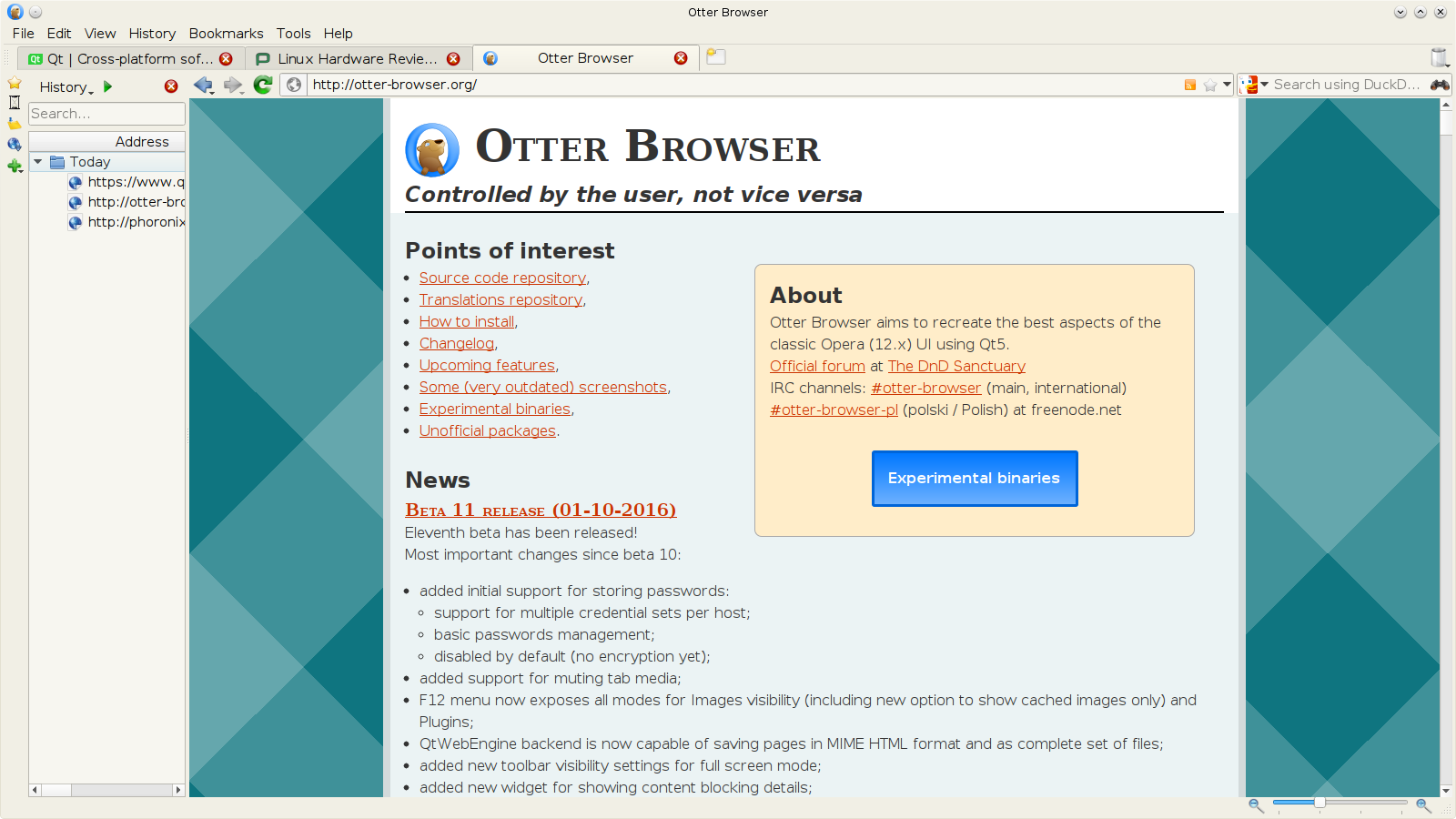
If you were a fan of Opera One in the past, you probably still remember its look. This is exactly what the team behind Otter Browser is trying to replicate.
The browser is made using Qt5, and it has most features that regular browsers have. Regarding availability, you can get this browser for almost any operating system, including Raspberry Pi.
We must mention that the browser is in active development, and some features are probably missing. This includes tab grouping, extensions, and autofill completion, but we should see them added soon.
Overall, it’s a great browser for Raspberry Pi, especially if you need a lightweight solution, so be sure to give it a try.
Key features of Otter Browser:
- In active development
- Available on all major platforms
- Minimalistic user interface
- Lightweight
Raspberry Pi Zero web browser
Raspberry Pi Zero is a compact version of Raspberry Pi, and in addition to smaller size and power usage, it comes with less hardware power.

As a result, Raspberry Pi Zero might be a better option for DIY hobbies, but for a web browsing experience, a regular Pi would be better.
If you want to use a web browser on Pi Zero, a text-based browser such as Lynx would work better.
Best browser for Raspberry Pi 4
Raspberry Pi 4 is the latest member of the Pi family, and it comes with the following memory options: 2 GB, 4 GB, and 8 GB.
Due to better hardware and more RAM, it supports the same browsers as Raspberry Pi 3 and runs them even smoother.
All the web browsers listed in this article offer useful features and excellent performance without using all the system resources.
In case you’re not familiar with Raspberry Pi, perhaps consider trying it out with these Raspberry Pi emulators.
You might’ve noticed that Opera is missing from the list. We have a whole guide dedicated to running Opera on Raspberry Pi, so don’t miss it.
Don’t hesitate to leave a comment in the comments section below and share your thoughts with us. Thanks for reading!

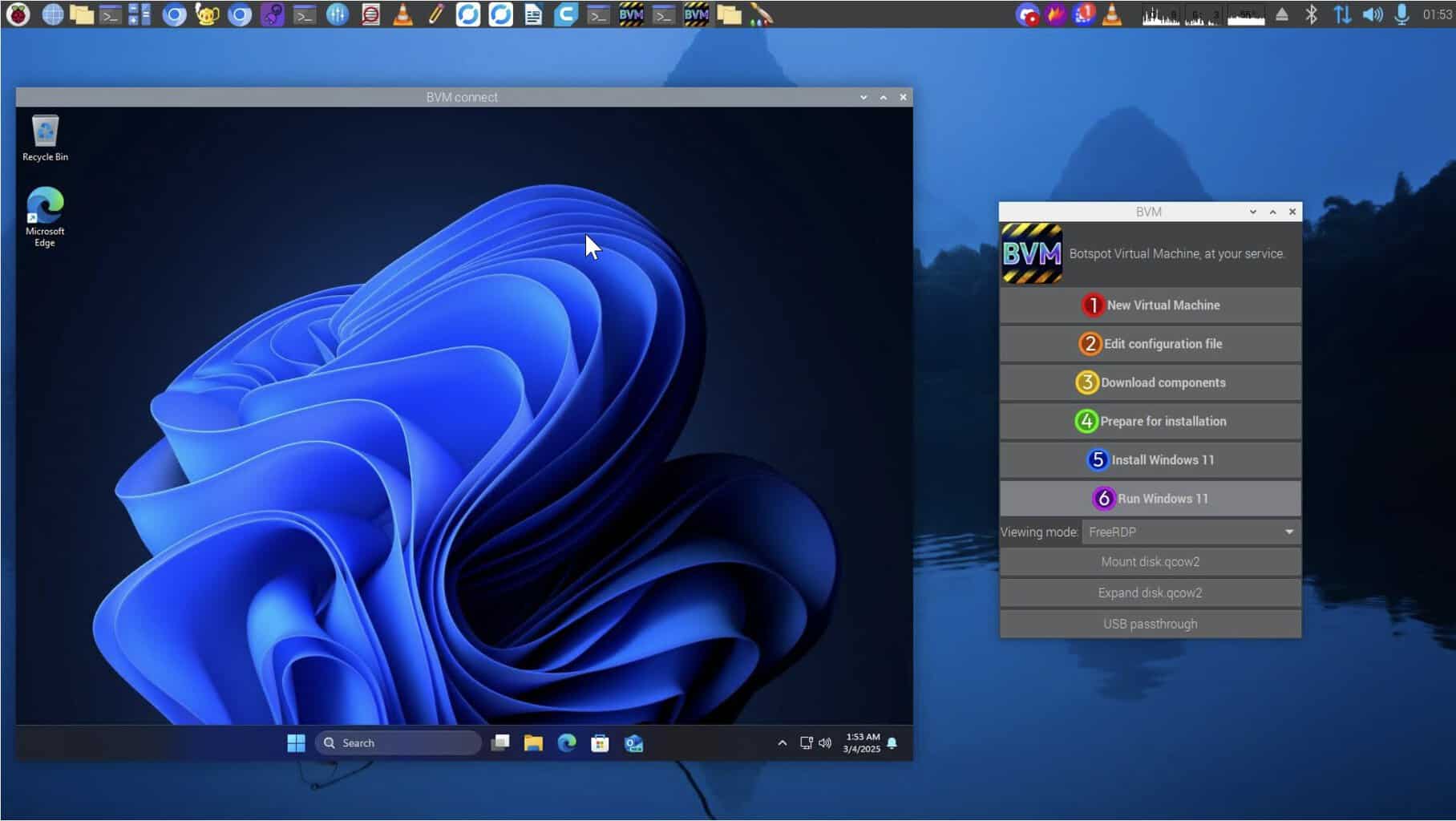


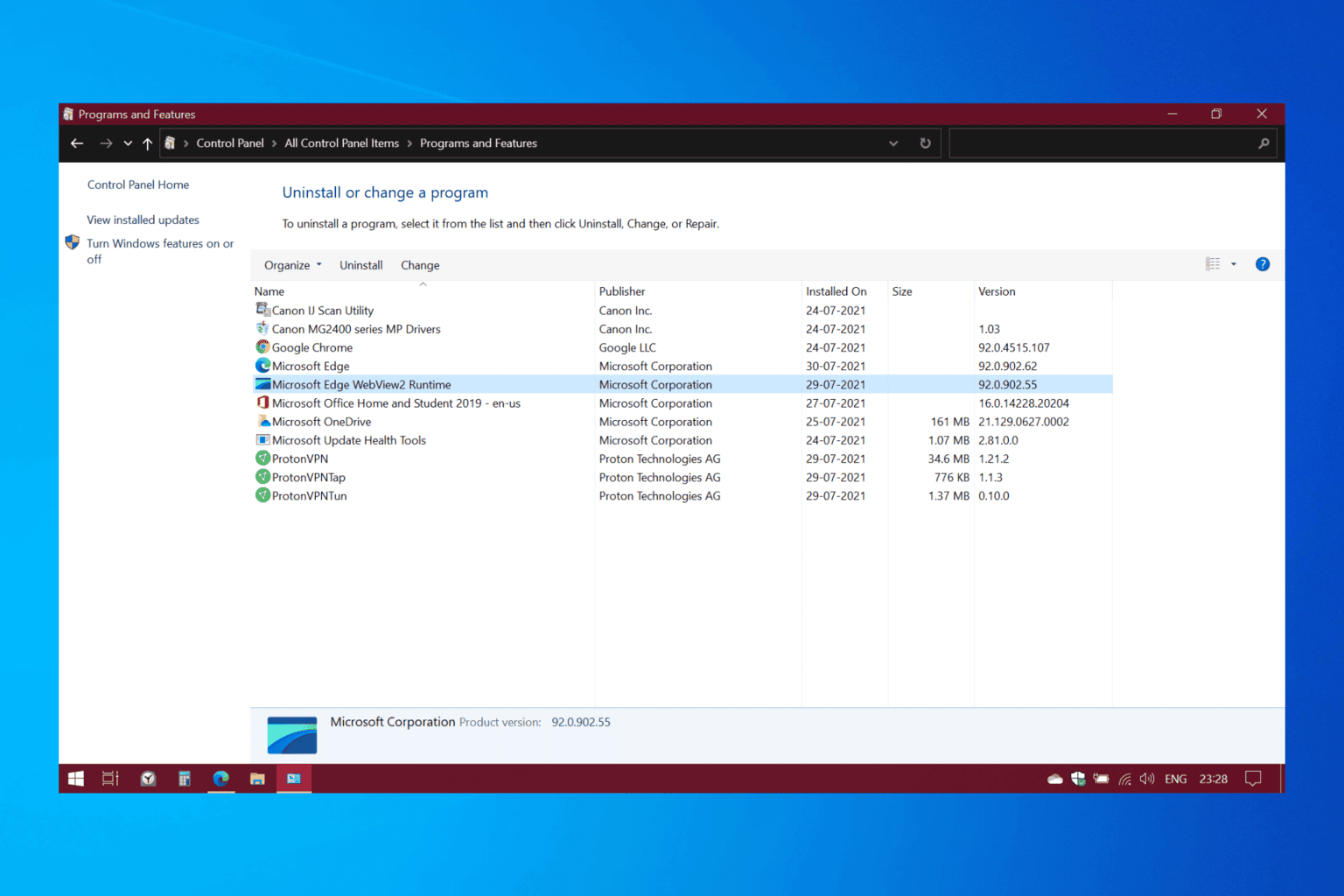
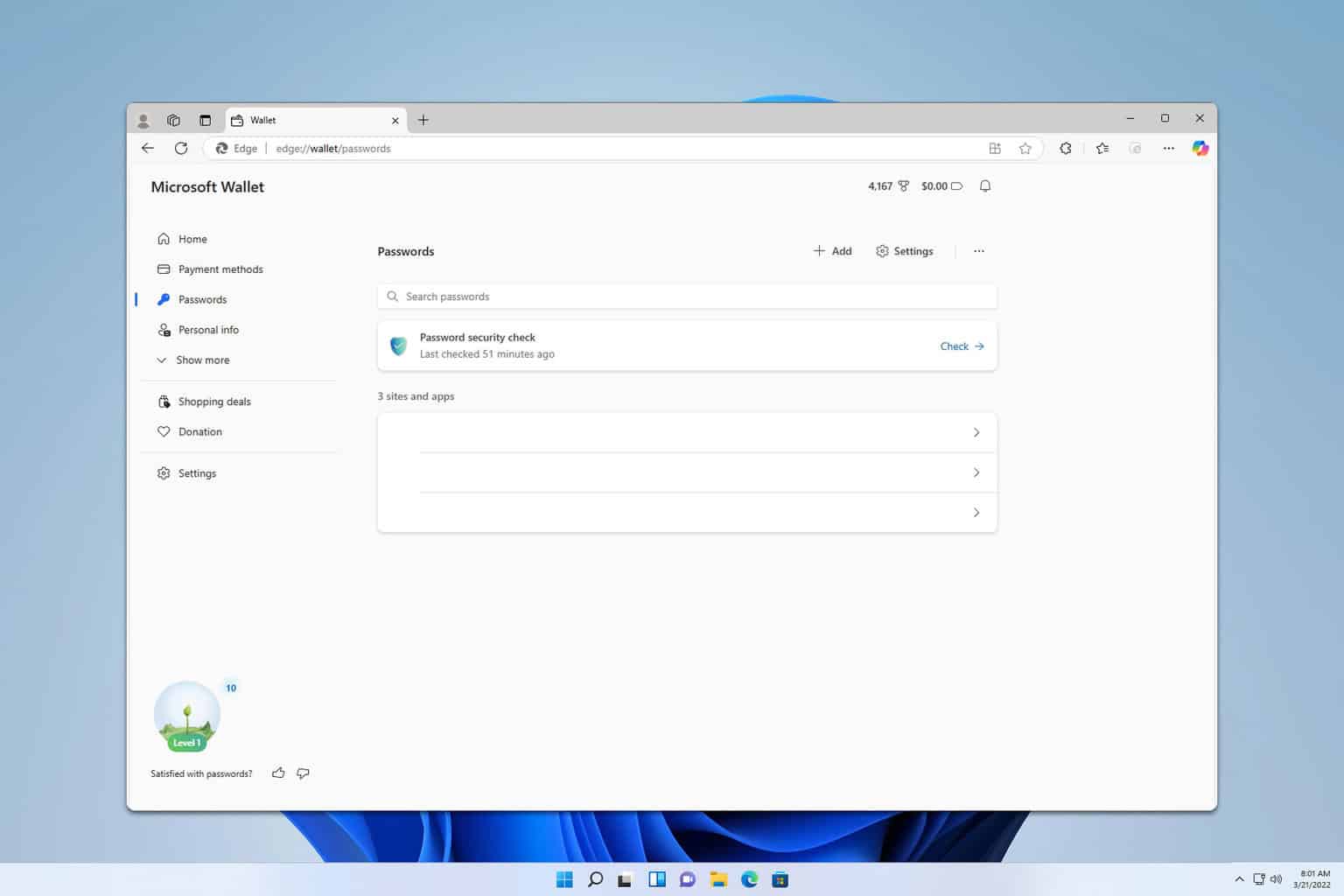
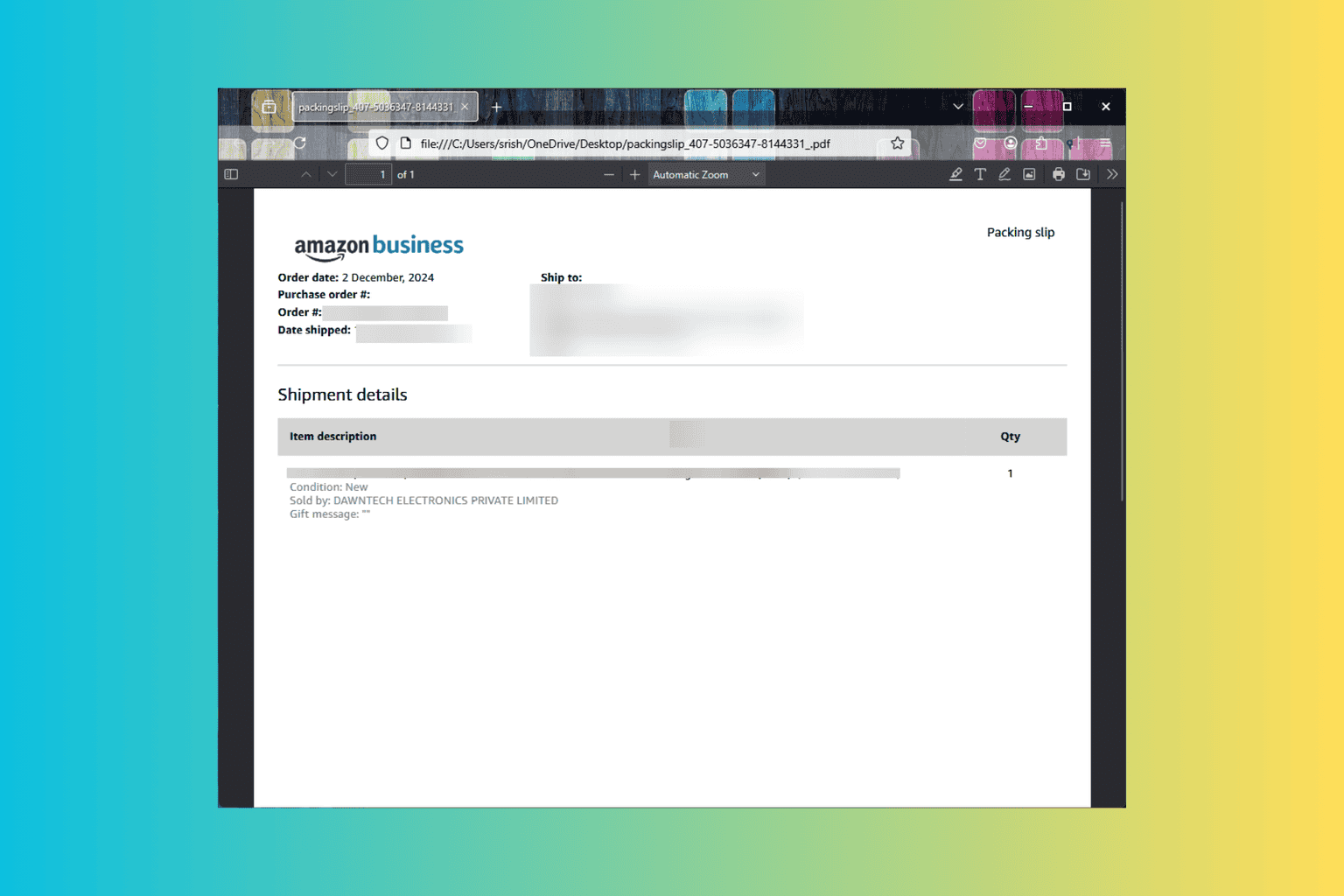

User forum
1 messages